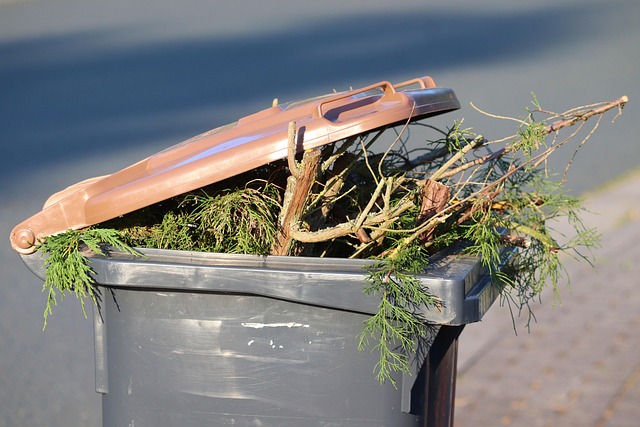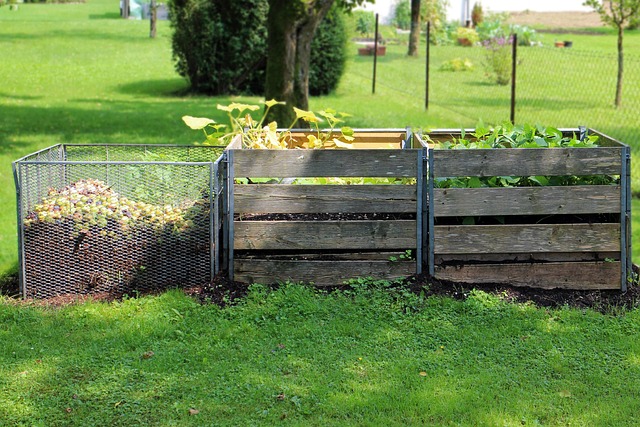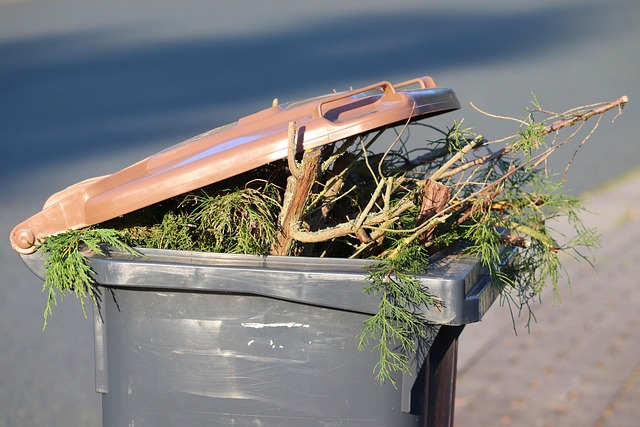In today’s fast-paced world, the conversations surrounding sustainability and eco-friendliness have reached new heights. Among these discussions, the topic of organic waste stands out as a crucial element in fostering a greener future, particularly when it comes to the concept of Komposzt. Embracing nature’s cycles allows us to connect with our environment in meaningful ways, and understanding the impact of organic waste can be the first step towards a lasting change.
Organic waste comprises materials that are biodegradable, such as fruit and vegetable scraps, lawn clippings, and coffee grounds. Instead of tossing these natural byproducts into the trash, they can be diverted from landfills and transformed into something remarkable: compost. This process not only reduces the volume of waste we produce but also feeds the earth, enriching the soil with nutrients that support healthy plant growth in our gardens.
Gardening enthusiasts know that quality soil is the cornerstone of a thriving green space. By using compost generated from organic waste, we can create a rich medium that nurtures our plants and allows them to flourish. The act of turning waste into nourishment connects us with nature in an extraordinary way, reminding us that life cycles are inherently intertwined. As we witness our gardens bloom and thrive, we can appreciate the role that organic waste plays in this environment.
Adopting organic waste management practices is not solely beneficial for our gardens but also for our broader ecological footprint. The decomposition of organic materials in landfills produces methane, a potent greenhouse gas that significantly contributes to climate change. By composting organic waste, we can mitigate these emissions and support the planet’s well-being. Each time we choose to compost, we take a step toward reducing our impact on the environment, ultimately fostering a healthier earth for future generations.
Moreover, composting aligns beautifully with the principles of sustainable living. It allows us to be conscious stewards of the earth, encouraging a relationship with the land that promotes balance and harmony. As we engage with nature through composting, we develop a deeper understanding and appreciation of the ecosystems surrounding us. This connection inspires us to consider all aspects of our lives and how we can make choices that contribute positively to our planet.
Incorporating composting into our lives not only enhances our gardening efforts but also serves as a powerful educational tool. By teaching our communities about the importance of managing organic waste responsibly, we can inspire a collective movement towards sustainability. Schools, community gardens, and local initiatives can all serve as platforms to share knowledge and promote composting as a fulfilling and eco-friendly practice.
As we stand at a crossroads in our collective journey towards sustainability, acknowledging the impact of organic waste is essential. It is a call to action—to take pride in nurturing our environments, to garden with intention, and to embrace the green practices that allow us to coexist with nature. By understanding and managing organic waste through composting, we each contribute to a thriving ecosystem and a greener future for our planet.



